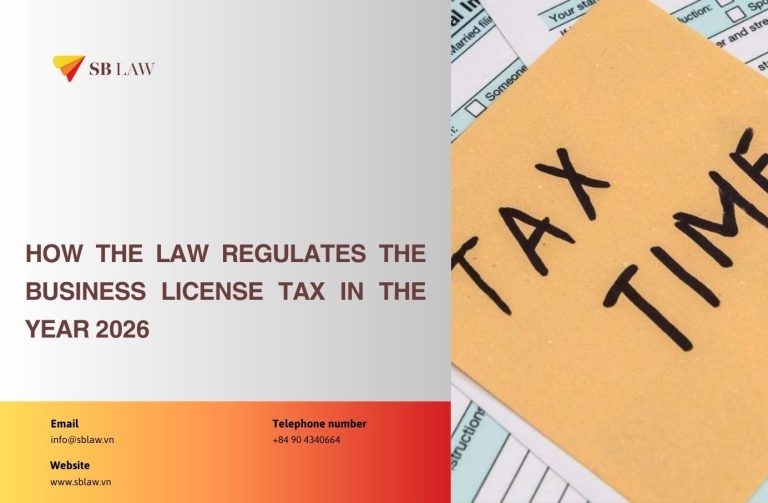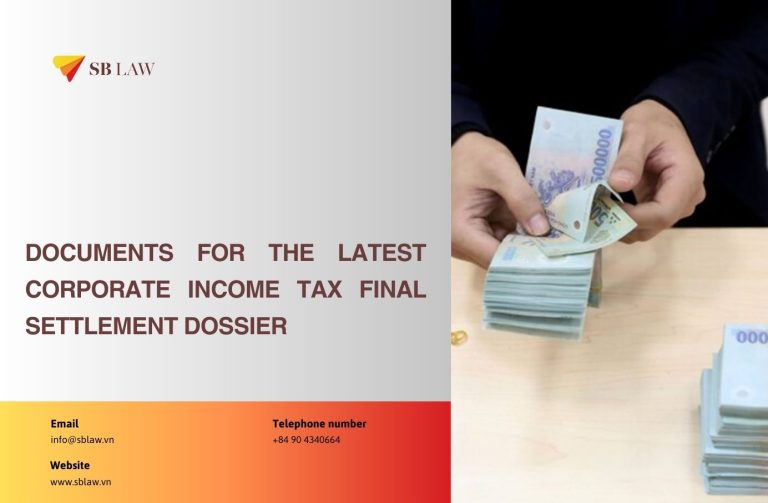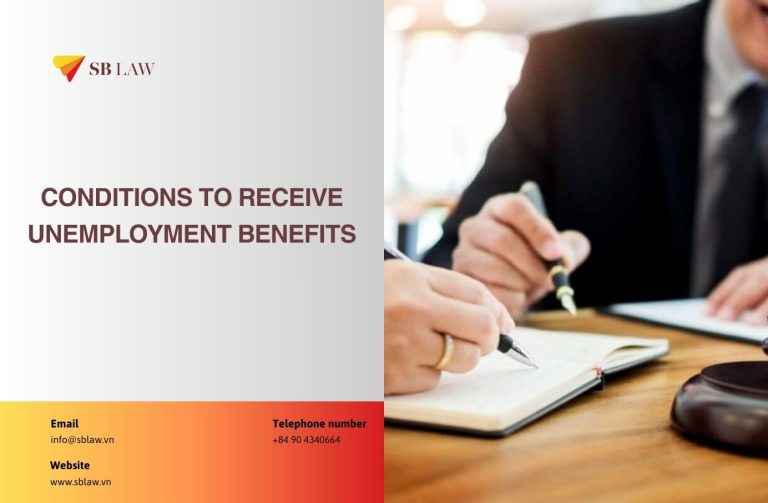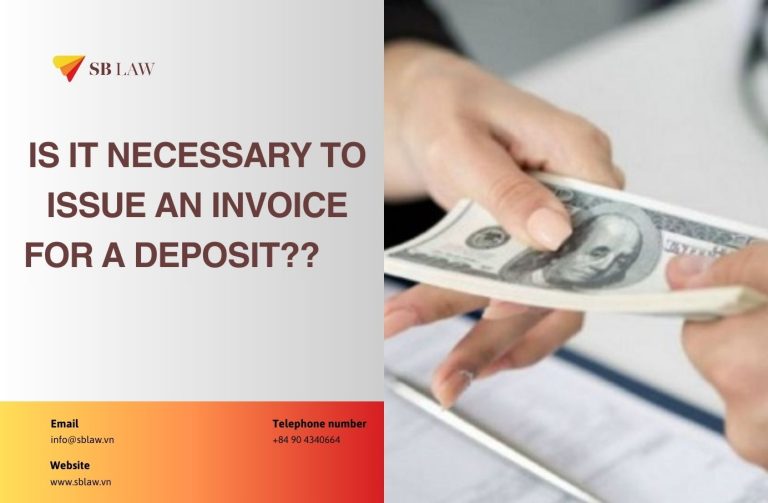Question: As far as I know, from June 1, 2025, certain household businesses will be required to use e-invoices generated from cash registers connected to the tax authorities. So, which household businesses will be subject to this mandatory application? In addition, what principles must be followed when using e-invoices generated from cash registers, what contents must the invoices include, and how should they be sent to the buyers?
Answer:
Your question is entirely valid, especially in the context of the ongoing digital transformation in the field of taxation nationwide. According to Clause 8, Article 1 of Decree No. 70/2025/ND-CP (which amends and supplements Article 11 of Decree No. 123/2020/ND-CP), from June 1, 2025, household businesses and individual business owners will be required to use e-invoices generated from cash registers connected to the tax authorities if they fall into one of the following categories:
1. Household businesses with annual revenue of VND 1 billion or more
This is the first and most clear-cut case. If your household business has total annual revenue of VND 1 billion or more, you will automatically fall under the group required to use e-invoices generated from cash registers. Revenue is determined based on tax records managed by the directly supervising tax authority.
2. Household businesses that use cash registers in sales or service activities
According to Clause 2, Article 90 of the Law on Tax Administration, a cash register in this context refers to a terminal device capable of generating invoices, recording transaction data, and transmitting such data to the tax authority.
If a household business uses such a device, it is required to issue e-invoices generated from the cash register, regardless of its revenue level.
3. Household businesses with a scale equivalent to micro-enterprises and paying tax under the declaration method
More specifically, a household business will be subject to mandatory application if it meets all of the following conditions:
- It has revenue and labor scale reaching the upper limit for micro-enterprises as defined in the Law on Support for Small and Medium Enterprises;
- It applies accounting practices and pays tax based on the declaration method;
- Its revenue can be determined at the time of selling goods or providing services.
If all three of these conditions are met, the household business must use e-invoices with tax authority codes, generated from cash registers.
* Some important principles when using e-invoices generated from cash registers:
- The invoice must clearly indicate that it is printed from a cash register connected to the tax authority;
- It is not mandatory for the invoice to contain the digital signature of the seller or the buyer;
- Expenses recorded using e-invoices from cash registers are considered legal and valid for tax purposes, as long as the invoice is available, a copy of the invoice is retained, or it can be retrieved via the General Department of Taxation’s e-portal.
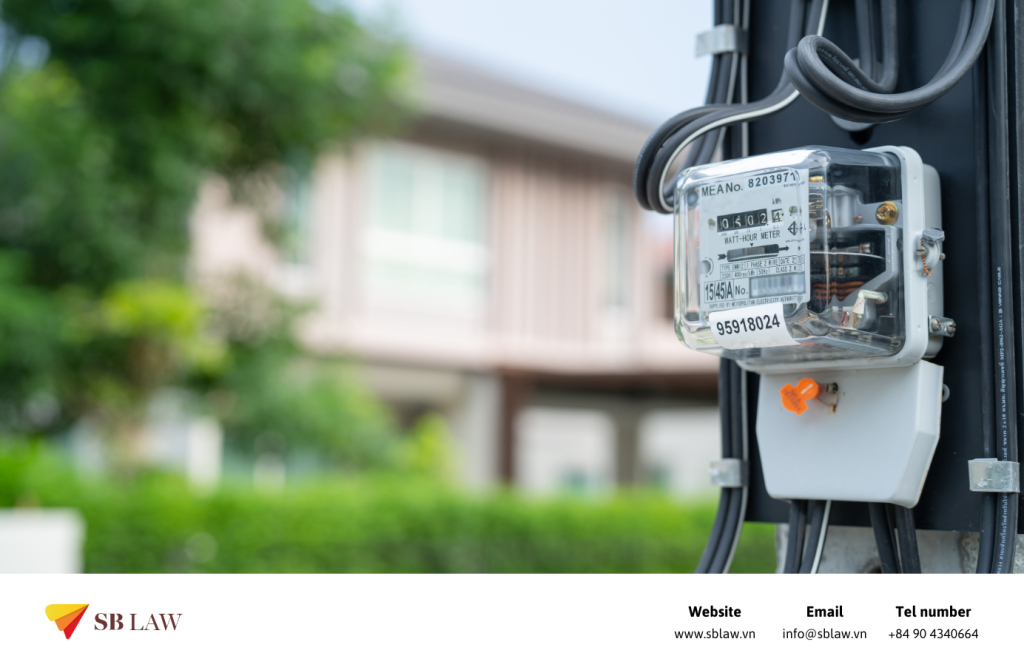
* E-invoices generated from cash registers must contain the following information:
- Name, address, and tax identification number (TIN) of the seller;
- Name, address, TIN/personal identification number/phone number of the buyer (if requested by the buyer);
- Detailed information on goods or services: item name, unit price, quantity, and total payment amount;
- If the seller is an organization paying VAT under the credit method, the invoice must also clearly state: pre-tax price, VAT rate, VAT amount, and total payment including VAT;
- Date and time of invoice issuance;
- Authentication code from the tax authority or electronic data allowing the buyer to look up, verify, and declare the invoice information.
* Methods of delivering e-invoices to buyers:
The seller may choose to:
- Send the e-invoice via SMS or email, or
Provide a link or QR code for the buyer to look up and download the invoice to their device.

